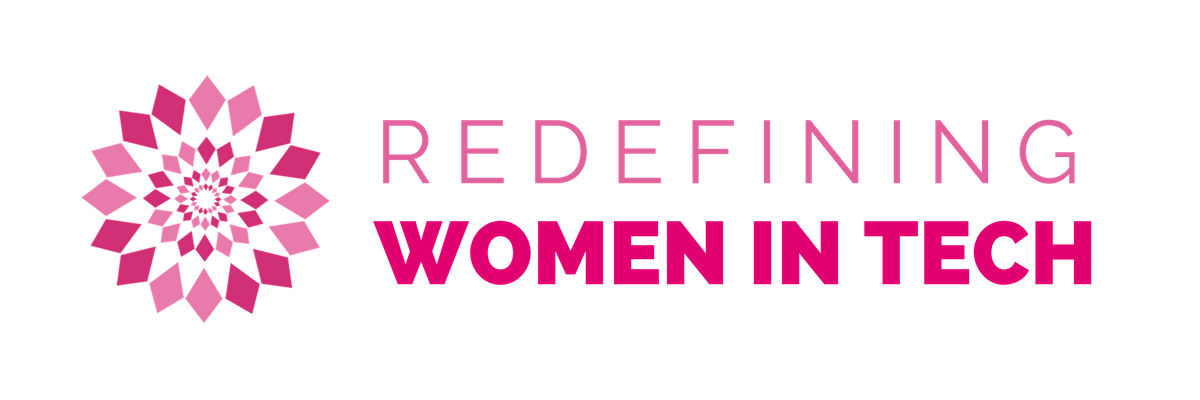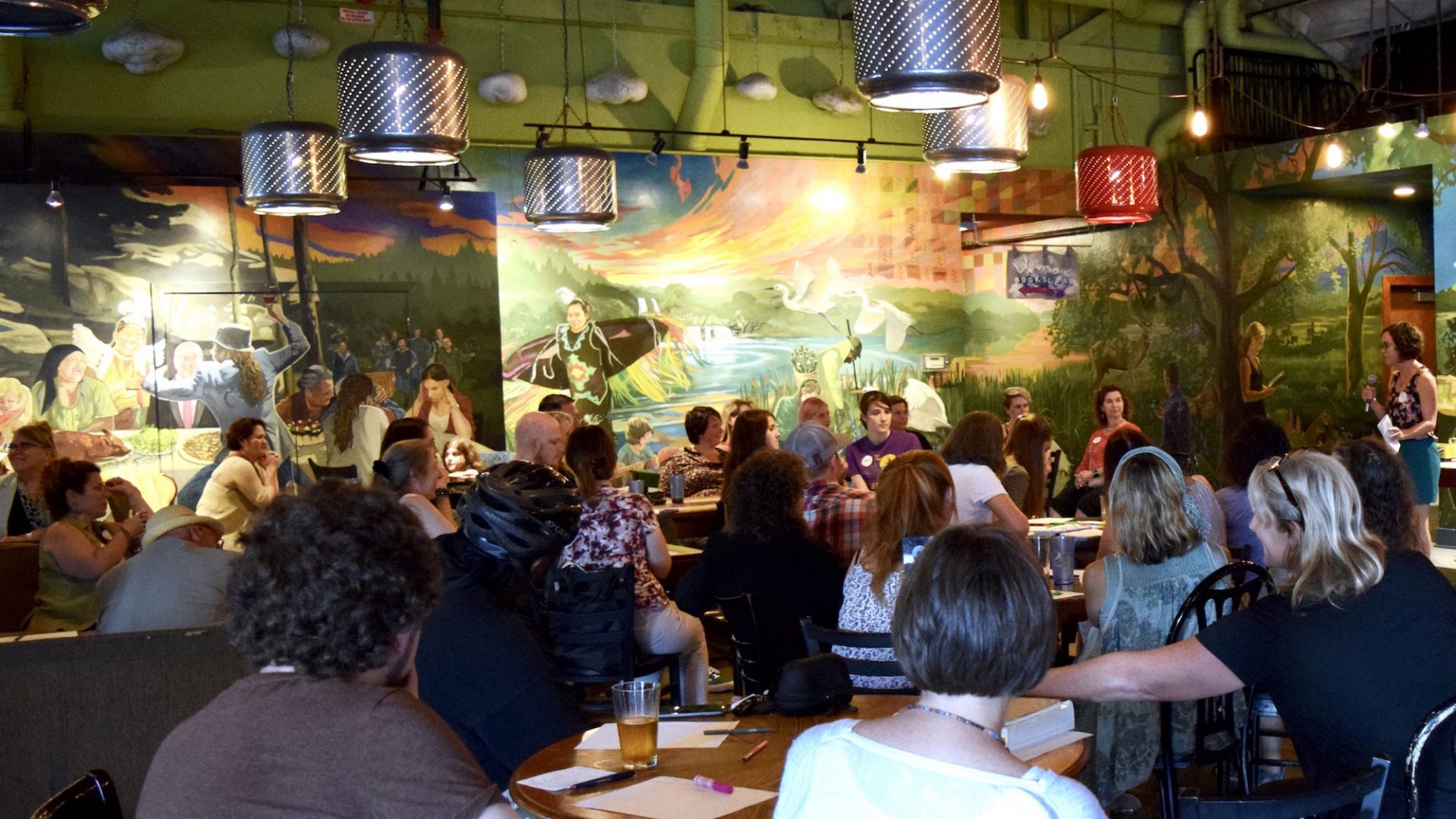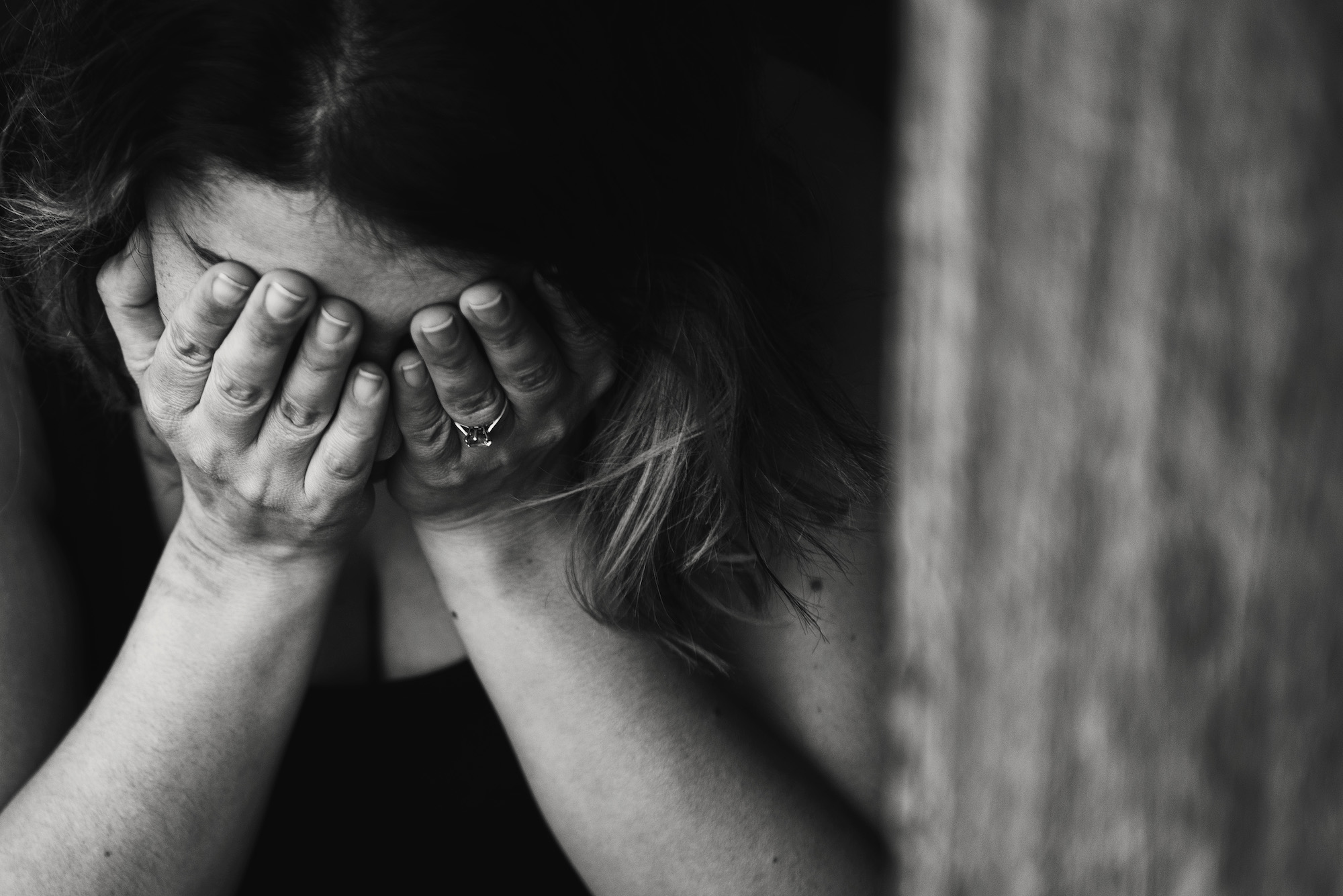Accepting the unacceptable.
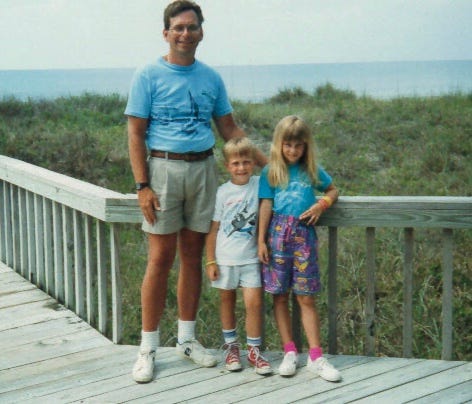
For most of my life I have had a few solid female friends, but the vast majority of my friends in high school were boys from a local Jesuit school. Some of my closest friends in college were young men in a local fraternity. I graduated as a — a minority in Mechanical Engineering program— from college and proceeded to switch fields to join 3 male business partners in a technology venture. I’ve surrounded myself with the opposite sex for most of my life and feel more fortunate than ever to say that my friends include a lot of very good men.
As celebrities sound the battle cry on social media, our feeds have blown up with #MeToo stories and the whole world is talking about it.
If you’ve been sexually harassed or assaulted write ‘me too’ as a reply to this tweet. pic.twitter.com/k2oeCiUf9n
— Alyssa Milano (@Alyssa_Milano) October 15, 2017
Me too https://t.co/ScX67Kmmiy
— Debra Messing (@DebraMessing) October 15, 2017
All too pervasive… Me too. #MeToo #TogetherWeRise https://t.co/ju5K3USDt8
— Rosario Dawson (@rosariodawson) October 16, 2017
If you’ve been sexually harassed or assaulted write ‘me too’ as a reply to this tweet. pic.twitter.com/k2oeCiUf9n
— Alyssa Milano (@Alyssa_Milano) October 15, 2017
When dozens of my friends and colleagues began posting accounts, I slowly accepted the pain I felt as I believed every one of them had experienced some form of unacceptable sexual advance. I knew they were each opening themselves up to uncomfortable conversations and potential bullying, as I thought about the inevitable trolls who would peruse the threads.
How did we get here and what can we do about it?
There are countless deeply entrenched societal norms, from media to professional development, that have paved the way for this trend. Acceptance, often considered the final stage of grief, doesn’t mean approval or resignation. In order to change them, we have to first accept that they exist.
Damaging Tropes
In the first episode of the Kickstarter-crowdfunded web video series Tropes vs Women in Video Games, Anita Sarkeesian recounts the history of the damsel trope in video games, examining dozens of examples.
“All that is really required to fulfill the damsel in distress role is for a female character to be reduced to a state of helplessness from which she requires rescuing by a typically male hero for the benefit of his story arc.”
“Princess Peach is in many ways the quintessential stock character version of the damsel in distress. The ill-fated princess appears in fourteen of the core Super Mario Bros platformer games and she’s kidnapped in thirteen of them.”
The North American release of Super Mario Bros 2 in 1988 is the only Super Mario Bros core platformer game in which Princess Peach is not kidnapped and actually appears as a playable character, and it was not originally designed as a Super Mario Bros game at all. In recent games she has been replaced with a second Toad so she can be forced back into the damsel in distress role.
As a young girl, Super Mario Bros 2 was my favorite of the series. I always wanted to play Peach. I’m sure I’m not alone.
The damsel trope, one of most common tropes damaging gender equity, provides some foundational understanding of the archetypes prevalent throughout video game history.
Shifting the Paradigm
Though we each walk our own path, shifting collective mindsets requires empathy without judgement. This applies to how we teach and we learn.
“I draw a line down the middle of a chalkboard, sketching a male symbol on one side and a female symbol on the other.
Then I ask just the men: What steps do you guys take, on a daily basis, to prevent yourselves from being sexually assaulted? At first there is a kind of awkward silence as the men try to figure out if they’ve been asked a trick question.
The silence gives way to a smattering of nervous laughter. Occasionally, a young a guy will raise his hand and say, ‘I stay out of prison.’ This is typically followed by another moment of laughter, before someone finally raises his hand and soberly states, ‘Nothing. I don’t think about it.’
Then I ask women the same question.
What steps do you take on a daily basis to prevent yourselves from being sexually assaulted? Women throughout the audience immediately start raising their hands. As the men sit in stunned silence, the women recount safety precautions they take as part of their daily routine.
Here are some of their answers: Hold my keys as a potential weapon. Look in the back seat of the car before getting in. Carry a cell phone. Don’t go jogging at night. Lock all the windows when I sleep, even on hot summer nights. Be careful not to drink too much. Don’t put my drink down and come back to it; make sure I see it being poured. Own a big dog. Carry Mace or pepper spray. Have an unlisted phone number. Have a man’s voice on my answering machine. Park in well-lit areas. Don’t use parking garages. Don’t get on elevators with only one man, or with a group of men. Vary my route home from work. Watch what I wear. Don’t use highway rest areas. Use a home alarm system. Don’t wear headphones when jogging. Avoid forests or wooded areas, even in the daytime. Don’t take a first-floor apartment. Go out in groups. Own a firearm. Meet men on first dates in public places. Make sure to have a car or cab fare. Don’t make eye contact with men on the street. Make assertive eye contact with men on the street.”
― Jackson Katz, The Macho Paradox: Why Some Men Hurt Women and How All Men Can Help
The dual value of this exercise is that it amplifies the extreme collective responsibility placed on women to prevent assaults (committed predominately by men) in contrast to the lack of collective responsibility men feel. By breaking down the wall of compassion, empathy can thrive.
Putting yourself in someone else’s shoes requires a developed sense of empathy. Racism and harassment represent the opposite of this. As a society we should be actively teaching empathy to combat these issues.
The Power Play
I spent two days picking through my memory for cases of #metoo. Like most women my age, I have heard plenty of grotesque joke or pickup lines at a bar and had to brush off plenty of condescending comments, but that’s not what I was looking for.
Suddenly, I remembered sitting in my boss’s office around the age of twenty. I told him how another co-op student continued to make sexually lewd comments to me that made me feel uncomfortable. I am not sensitive to adult humor, but the student, my peer, continued to cross the line and make it personal even after I started avoiding him. The things he said to me were not okay for work in any context and he was going to be a risk to the company. I sincerely hoped my boss would take the situation (and me) seriously.
My co-op term ended and I moved on. They brought him on full-time.
Then I remembered the owner of that one bar I almost worked at. I can’t even remember specifically what inappropriate thing he said to me when he offered me the job, but I walked out and never looked him in the face again. The more I talked to people about the establishment, the more I realized he had quite a reputation around town.
Working as a bartender came with its fair share of ick, but it wasn’t worth dealing with that creep on a regular basis.
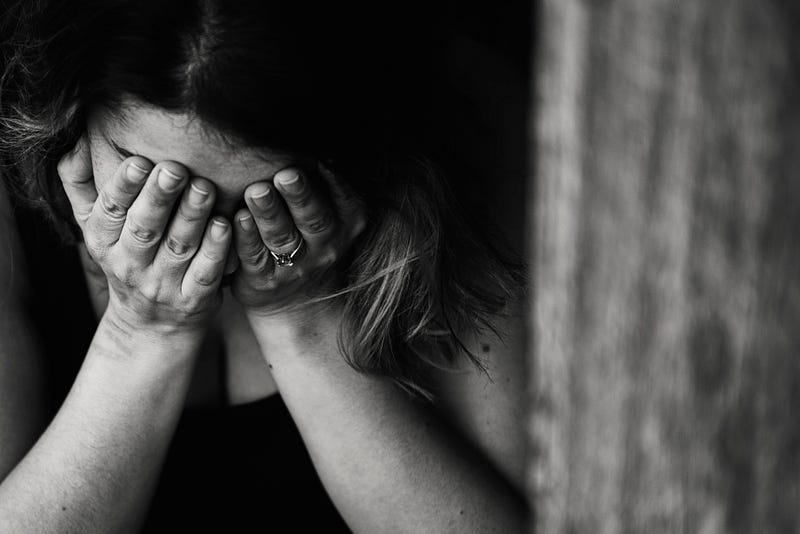
I stopped there. That was enough. I buried these memories for a reason, but the Me.Too movement Tarana Burke started ten years ago is all about amplification, solidarity, and awareness of universal the experience of harassment is. Fortunately for me, my negative experiences have been rather mild compared to those of many of my colleagues.
Culture Matters
In the wake of the Harvey Weinstein sexual allegations, screenwriter Scott Rosenberg penned a poem asking “And this is as pathetic as it is true: What would you have had us do?” The chorus, “Everybody-fucking-knew”, beats the denial out of our collective conscience. “So I just believed it to be a grotesque display of power; a dude misreading the room and making a lame-if-vile pass,” Rosenburg writes.
Culturally speaking, are we okay with that?
It sounds like we’re not… anymore.
The glass ceiling, male (and female) boss power plays, the op-ed section in Breitbart… Those in positions of power have allowed these issues to exist for years, unchecked, perpetuating them. The paths that led us here are pretty apparent by now. Are they not?
As Lola Phoenix says, “So, #NowWhat?”
Where do we go from here and how can we all be part of the solution?
If we’re ready to move through the stages of grief and accept that this is part of our collective reality, we can begin having the conversations that are necessary to shift the paradigm.
It is going to take time and effort down the path less traveled, but the old ways will slowly get overgrown through disuse — or, preferably, because we’ve put up signs screaming “DEAD END, NO OUTLET”.
- We need to teach empathy, not only in schools and at home, but in our marketing messages and media outlets.
- Our community leaders need to prioritize inclusion and accessibility, not only in our buildings but in our industries and our product designs.
- Those affected by these injustices need access to support and treatment options.
- Those who are in positions of relative power and observe harassment taking place — whether the subject is present in the room or not — need to intervene and make clear that this behavior is not acceptable.
Tarana Burke and other equity movement leaders know that this isn’t a new conversation, however, more people than ever are finally joining in. We are accepting that this is an issue our society faces, and talking about solutions; that is an important step toward healing.
What are your communities and organizations doing to support positive change? How can we establish a deeper path on the road to empathy? What can we do as individuals to contribute? Share your story in the comments.
Lauren Jerome is the co-founder of an innovative software studio, as well as a community organization working to make tech careers more accessible to a broader audience. She lives in Eugene, Oregon and works from anywhere with a decent signal. Follow her on Twitter and explore more of her work on Medium.
